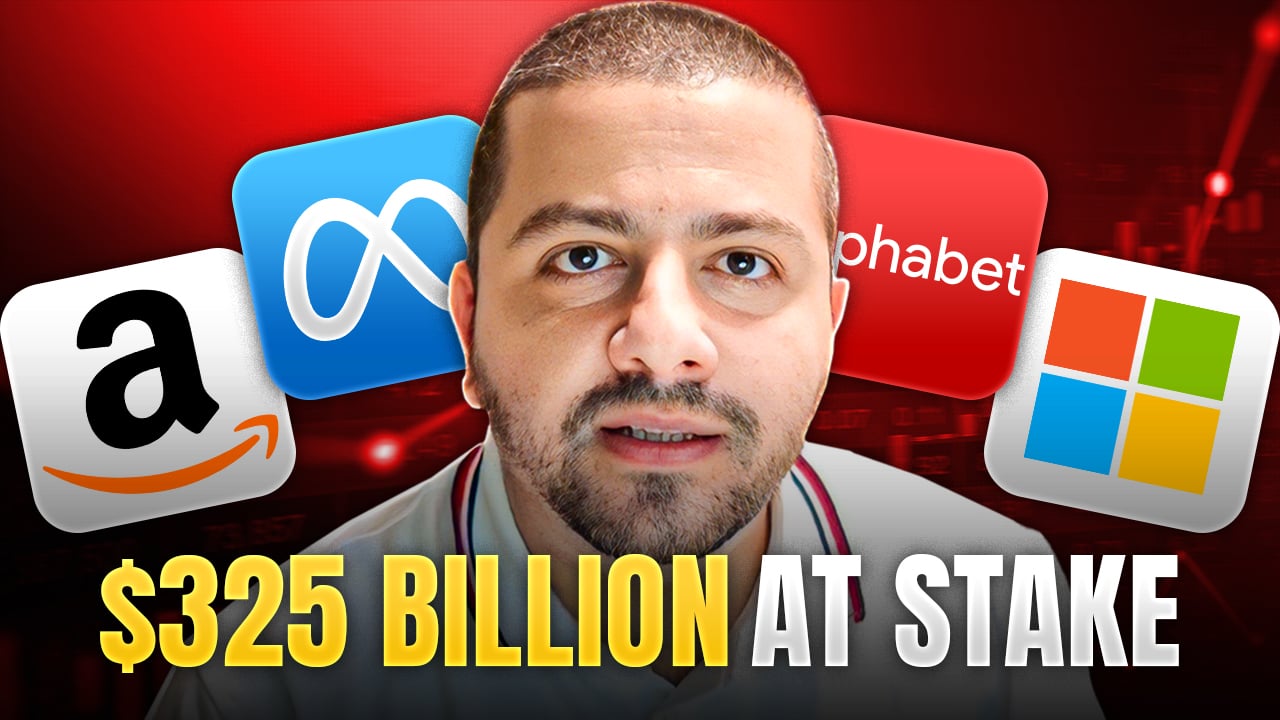It may seem like a distant memory now, but it wasn't long ago that Facebook (FB 1.15%) was trading in the low $20-a-share range, in large part because of concerns about sustaining revenue growth, adoption by mobile users, and keeping its billion users engaged without inundating them with ads. Today, even with its share price around $70, an outstandingly successful mobile strategy, and the number of worldwide users up to 1.23 billion, naysayers continue to express concerns about the future.
CEO Mark Zuckerberg is only 29 years old, but the past couple of years have proved that he has a firm grasp on his company, and its users. Rather than overwhelming us with ads to placate shareholders, Zuckerberg's gone another, better route: Utilize the mounds of user data Facebook collects to better target ads, improving results, thereby justifying higher advertising rates. But what if Facebook could charge even more for advertising, allaying top-line revenue growth concerns even further, based on results that left advertisers absolutely giddy? It could, if it partnered with IBM (IBM +0.05%).
First, the really good news
As Facebook trades at three times its 52-week low stock price, it would be easy for shareholders to have a "don't fix it if it isn't broken" mentality. But the reason Facebook has had such an impressive run in the past 12 months -- its stock price is up over 140% during that time -- is that Zuckerberg and team haven't rested on their laurels.
Of Facebook's 1.23 billion monthly average users, 945 million are of the mobile variety, and its translating to revenue, too. Facebook generated $2.59 billion in revenue in last year's Q4, of which 53% came from mobile. The recent announcement that video ads have made it out of the test phase and are ready to go mainstream will also give Facebook revenues a boost. In fact, some Facebook analysts suggest video ads could generate as much as $8.4 billion in revenues.
Clearly, Facebook is already executing at a high level, as its stock price indicates. And as noted in a recent article, it's not a stretch to think Facebook will hit $100 a share before too long. But what if Facebook, with a little help from IBM, could fast-track its ride to a triple-digit stock price?
Imagine if ...
The young men sporting blue blazers and red ties, those self-proclaimed IBMers, no longer represent the IBM of today. CEO Ginni Rometty and team have already started the process of moving away from the dying hardware business to focus on emerging technologies. The three areas of emphasis for the new IBM are the cloud, big data, and cognitive computing. It's this third area, cognitive computing, that could revolutionize Facebook advertising.
When IBM recently invested $1 billion to fund its new Watson Group, it was obvious Rometty had fully committed to growing its cognitive computing business unit. Watson, as you may have heard, is IBM's Jeopardy! winning answer to the futuristic computer Hal from 2001: A Space Odyssey. Watson, according to IBM, delivers "evidence based responses" by actually learning through interactions.
As the Watson Group gets its feet wet, IBM is focusing its cognitive computing efforts on the health care and financial arenas. But transitioning to other industries -- say, for example, the world's largest social media network that houses billions of data bits -- isn't much of a stretch. If Facebook advertisers are enamored with their marketing results now, just imagine combining the power of Watson with Facebook's already impressive targeting capabilities.
Final Foolish thoughts
With the amount of user data Facebook collects and utilizes, combined with the computing power, predictive capabilities, and learning algorithms of Watson, the results would be mind-boggling. For investors, any concerns about how Facebook can continue to grow revenues would go out the window as marketers tripped over themselves to pay even more for ads.
The cost of social media advertising remains a pittance compared with TV. An average spot on Facebook's Newsfeed is about 70% to 80% less than a TV spot, so there's certainly upside pricing potential, especially if they work. Would Facebook ever adopt IBM's Watson? Who knows, but it would be fun for shareholders of both Facebook and IBM to find out.






